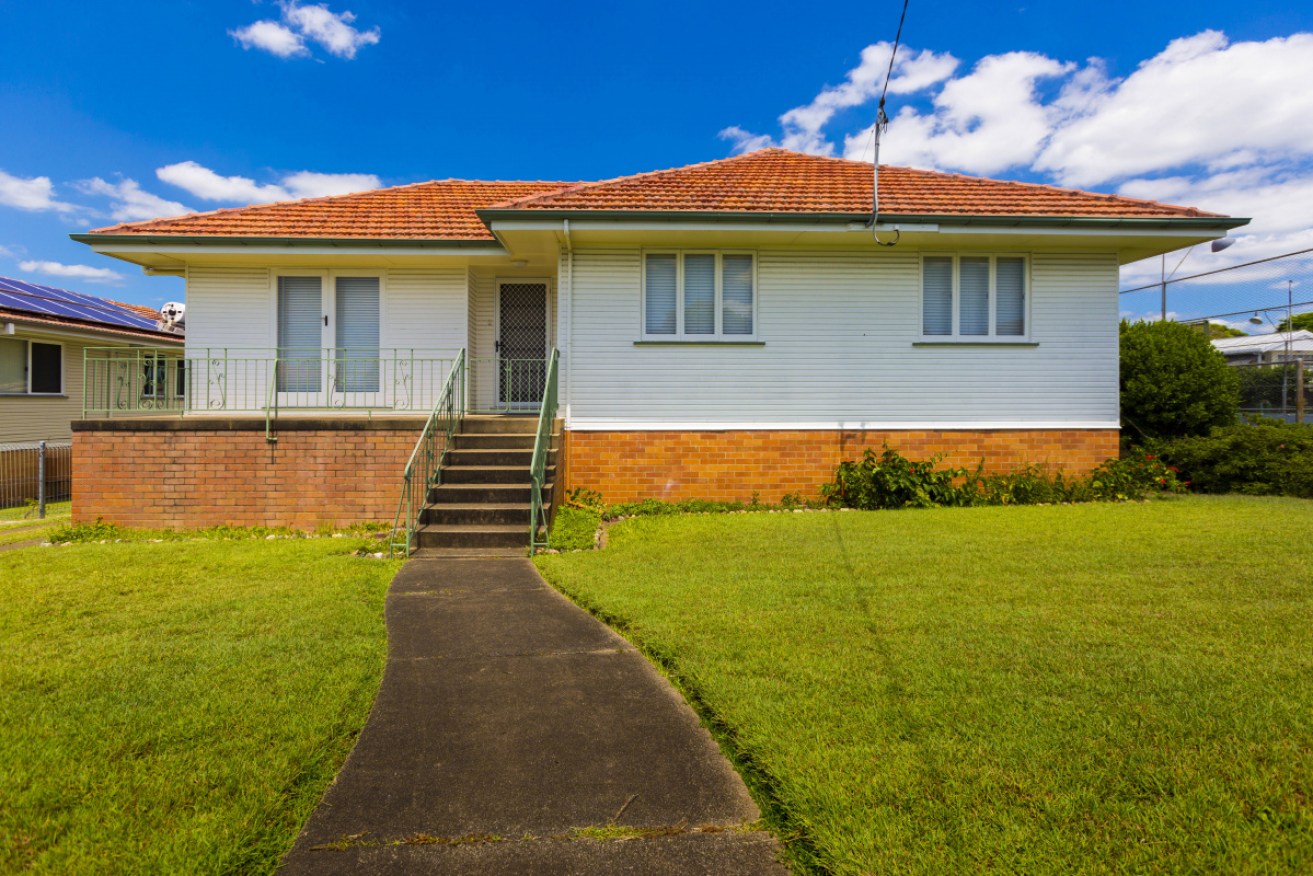House prices: Ignore the panic merchants – for now


Everyone needs to take a deep breath and not panic over warnings of house price crashes. Photo: AAP
They say forewarned is forearmed, but are we getting to the stage where we are actually being spooked by the constant warnings from “experts” over the outlook for house prices?
There has been a barrage of predictions over several months forecasting price falls of 10, 20 and even 30 per cent. Some have also cited the economy reeling into recession for the first time in nearly three decades.
The most recent figures show the number of home loans granted in September was already the smallest monthly result in more than three years.
Interestingly though, the same Australian Bureau of Statistics data shows the proportion of first home buyers getting a mortgage in that month was at 18 per cent, still about the highest in six years.
The worries over house prices are threefold.
There is the natural correction to the massive spike that saw house prices soar to ridiculous levels, particularly in parts of Sydney and Melbourne, aided by tweaks to investor lending by the prudential watchdog.
Then there are concerns about a further tightening in bank lending standards resulting from the Royal Commission into the financial sector, making it even more difficult to buy a home.
The Housing Industry Association warned this week that tighter lending standards are already curbing home building.
The commission will hand down its recommendations next year.
And finally there is the political hoo-ha over federal Labor’s promised plan to change generous tax concessions on housing investments – a policy it also took to the 2016 election.
This includes halving the capital gains tax discount and limiting negative gearing to new properties. People who already own investment properties would see their concessions grandfathered.
Aussie Home Loans founder John Symond launched a tirade against the plan in November, describing its as a “nuclear bomb” that could tip the country into recession.
Shadow treasurer Chris Bowen hit back, pointing out that Mr Symond has previously called for reforms to negative gearing.

Shadow treasurer Chris Bowen says Australians want consistent politicians. Photo: AAP
“If Mr Symond wants to make interventions in the political debate, he needs to be held account for his many and different views on negative gearing,” Mr Bowen said, adding voters want to see consistency from politicians and business leaders.
You can expect more of this claim and counter-claim in the run-up to the national election, probably in May.
Two global institutions – the International Monetary Fund and the Organisation for Economic Cooperation and Development – also weighed into Australia’s housing debate this week, but thankfully used much more measured language.
In its annual report on Australia, the IMF welcomes the cooling in the housing market and anticipates it can be weathered by what it expects to be a strong economy.
It calculated in the past 10 years, house prices nationally rose 70 per cent and roughly by 100 per cent in Sydney and 90 per cent in Melbourne.
IMF staff concluded during their annual visit to Australia that in the absence of a sharp rise in unemployment, interest rates or housing stocks, an orderly correction could be expected.
“Pressures on housing affordability, which is critical for growth to remain inclusive, will be relieved in the process,” the report says.
The OECD, in its twice-yearly Economic Outlook, was more wary about the high level of household indebtedness in what it described as a “robust” overall economic growth outlook.
High household indebtedness warrants “continued vigilance”, it warned.
“Unexpectedly large corrections in house prices could reduce household wealth and consumption, and impact the construction sector.”
However, at this stage “indicators of household financial stress are low”.
Delivering a speech late in November, Reserve Bank governor Philip Lowe agreed developments in the housing market needed to be watched closely.
But he said this was taking place against the backdrop of a strong world economy, a positive Australian economy, low unemployment, low interest rates, strong population growth and only limited pockets of excess housing supply.
“This is a reasonably favourable backdrop against which to be having an adjustment in the housing market,” Dr Lowe said.
So for now, let us all take a deep breath and not panic.
Colin Brinsden is AAP’s former economics correspondent based in the Canberra Press Gallery.








